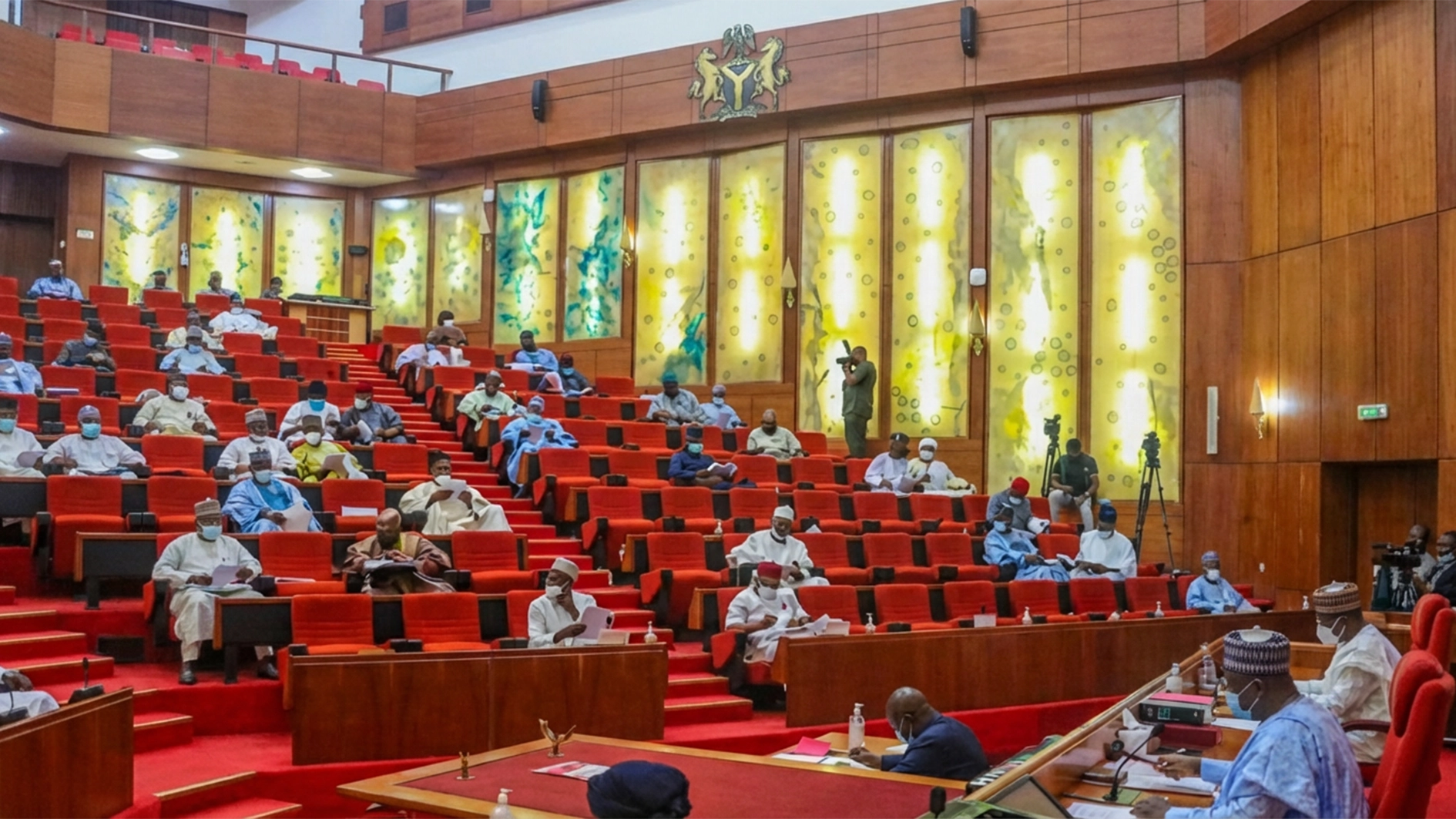 Medical experts have given reasons why more Nigerians than ever before are coming down with stroke even as they warn that many more may succumb if the causative issues are not addressed urgently.
Medical experts have given reasons why more Nigerians than ever before are coming down with stroke even as they warn that many more may succumb if the causative issues are not addressed urgently.
Reasons: Most Nigerians are not sleeping well by not having up to six hours of sleep daily as disturbed sleep is linked to higher risk of stroke; more Nigerians are shift- workers and shift work is associated with a higher risk for vascular events, such as heart attack and ischemic stroke; more people have taken to heavy drinking due to the harsh economic realities and heavy drinkers have a higher risk of having a stroke earlier in life than others.
Other reasons for rising cases of stroke in Nigeria, according to experts are: increasing cases of air pollution from electric generating sets as new research shows that climate change and overall air quality – including higher pollution levels – are linked to a higher number of strokes; oral bacteria are linked to higher risk of stroke; and more Nigerian women are getting married at an older age and studies have shown that older mothers may face increased risk of stroke and heart attack.
Strokes are characterised as either ischemic strokes, which involve a blockage of one or more blood vessels supplying the brain, or hemorrhagic strokes, in which blood vessels in the brain rupture, causing bleeding.
Also, recent door-to- door study on the prevalence of stroke in three semi-urban communities in Middle-belt region of Nigeria, published in The Pan African Medical,concluded: “There is a slight increase in stroke prevalence in our community compared to what had been earlier studies. Stroke prevalence increases with age and has a slight male preponderance. Uncontrolled systemic hypertension and previous transient ischemic attacks were the commonest risk factors for stroke in our community. There is need to educate the community on the risk associated with modifiable risk factors for stroke most especially systemic hypertension.”
The study by researchers from University of Ilorin Teaching Hospital, Kwara State, led by Emmanuel Olatunde Sanya, described stroke as a non-communicable disease with significant socioeconomic consequences worldwide.
According to a release by the World Health Organisation (WHO) stroke accounts for 10.8 per cent mortality and 3.1 per cent of disease burden worldwide.
There is an epidemiologic and demographic transition of diseases in most developing countries with increased risk for cardiovascular diseases.
It has been projected that by the year 2030, about 80 per cent of all stroke cases will occur in low and middle income countries of the world.
A recent review on global stroke cases showed that while there is a decline in stroke incidence in developed countries, most developing countries are experiencing a rise of about 100 percent.
A new study, published in Sleep Journal Report, found people who sleep poorly are more likely to have severely hardened arteries, putting them at higher risk of strokes.
Researchers believe monitoring the sleep of older people may be a way to identify who is at risk of suffering a stroke.
The findings suggest that sleep monitoring may be another way to identify older people who could be at risk of suffering a stroke.
The academics studied the brains of old people whose sleep had been monitored before they had died. The brains were then examined under the microscope.






